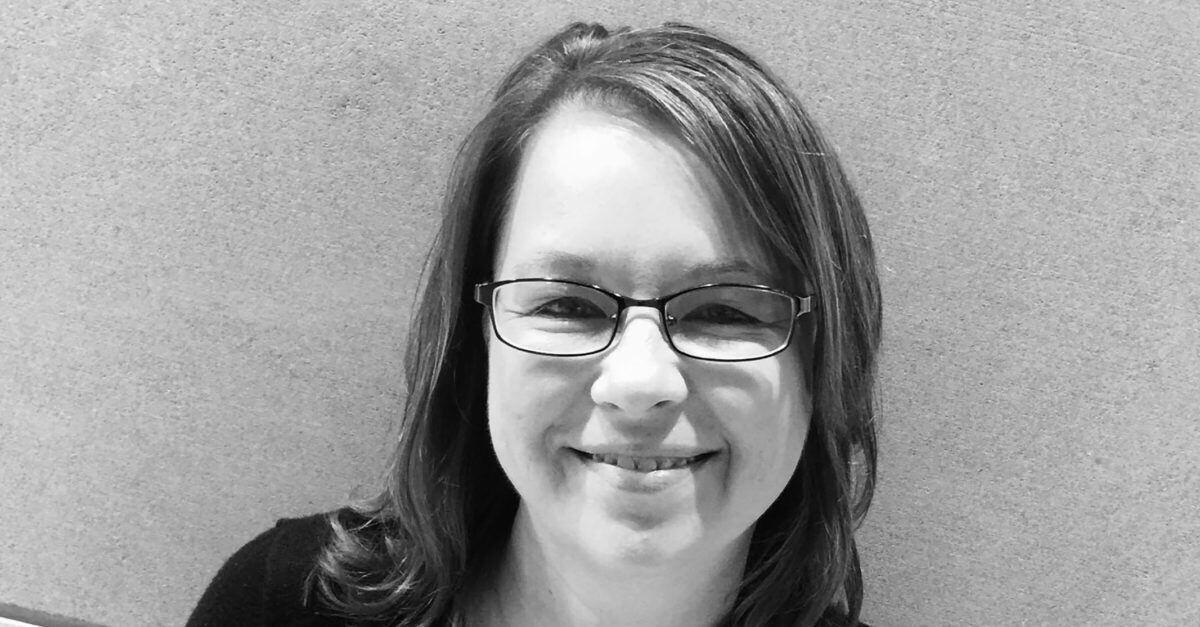Amy Managed Her Severe Nerve Pain with New Medication
November 15th, 2018 | 1 min. read

Amy Fenn of Indianapolis was in a car accident in 2015 that caused her to have severe nerve pain and migraine-like headaches.
“I’ve been diagnosed with what they call occipital neuralgia,” she says.
The National Institutes of Health describes occipital neuralgia as a “distinct type of headache characterized by piercing, throbbing or electric-shock-like chronic pain in the upper neck, back of the head and behind the ears.”
The pain was unrelenting, and at times so intense it caused Amy to miss work. Sometimes she worked in the dark just to minimize the pain.
“When I get the headaches, you can’t eat, you can’t drink, you feel nauseous and sometimes you get sick,” she says. “I’ve been given every pain medication under the sun. It helps for a little bit and then the pain comes back the same, if not worse.”
Amy’s primary care doctor had recently retired so she scheduled an appointment at the Marathon Health MyClinic @ Plainfield, which she could access through her employer benefits with the Indianapolis Airport Authority. That’s when she first met Brooke Curry, a physician’s assistant at Marathon Health.
“It’s funny because right before I went in to see her, I had just read an article about how duloxetine—which is generic for Cymbalta, was being used for nerve pain, which is what I have, and which is what ends up causing my headaches.”
Curry had also read how duloxetine is being used to treat nerve pain and asked Fenn if she’d be willing to try it out.
“Honestly, I was willing to try anything,” Amy says. “I don’t think anybody has any idea how bad it hurts.”
Amy started taking the medication, and after getting the dosage right, she says her pain diminished significantly.
“It hasn’t completely taken the pain away, but I can say I’ve had better success with this medication over the last few months than I have with any medication,” Fenn says. “It just seems to be working.”
Amy says she’s grateful for the care she received from Brooke and feels it made a substantial difference in improving her quality of life.
“Brooke actually sat down and talked to me,” Amy says. “She wanted to learn about the headaches and what I’d been taking prior to coming to see her. I want to say she spent at least 45 minutes to an hour with me on that first visit. She’s awesome and I can’t thank her enough.”
“Brooke actually sat down and talked with me. She’s awesome and I can’t thank her enough.”
Amy Fenn